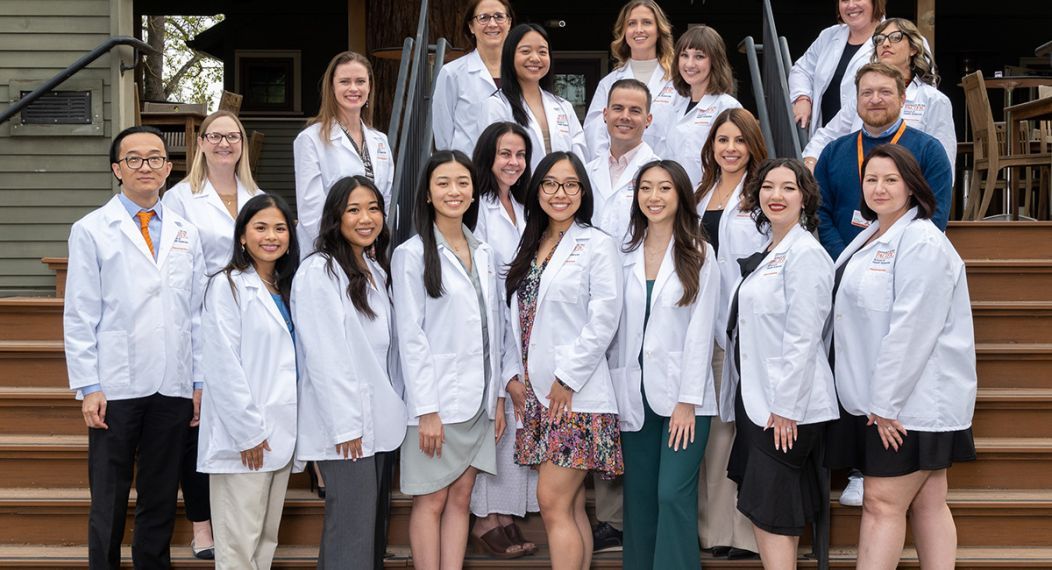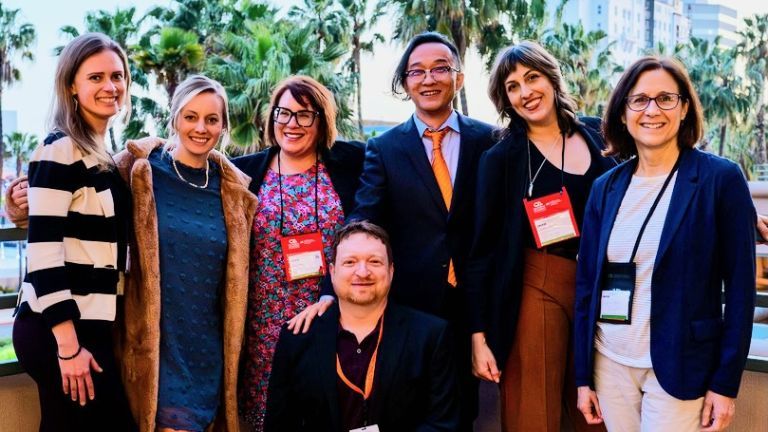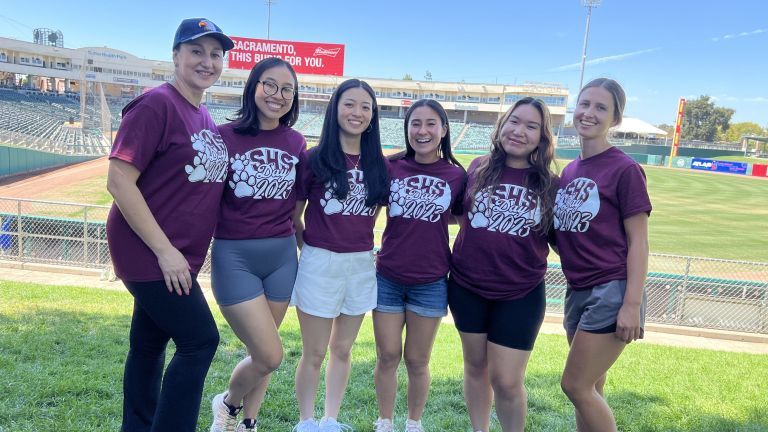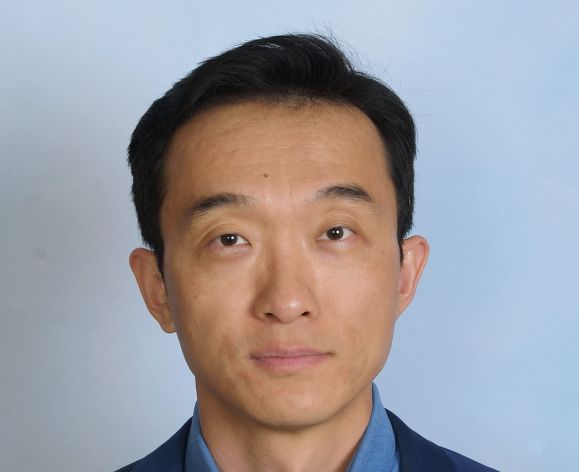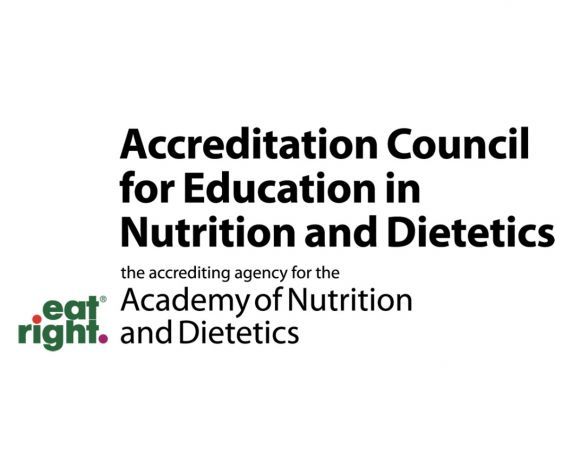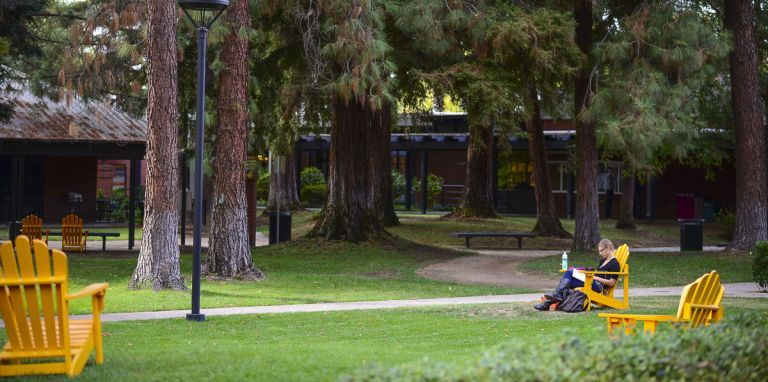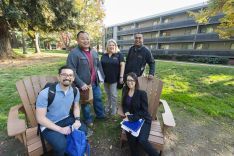Competency-Based Education
The MSCN is a competency-based education (CBE) program that measures learning by how well a student demonstrates the ACEND® Future Education Model (FEM) Graduate Degree Competencies, which define the minimum level of proficiency needed of nutrition and dietetics practitioners to function successfully in practice. The FEM Graduate Degree Competencies describe the essential synthesis of knowledge, skills, abilities, behaviors and other characteristics in the seven units described below:
Future Education Model Graduate Degree Competencies
Competency Unit 1
Foundation Knowledge
Applies foundational sciences to food and nutrition knowledge to meet the needs of individuals, groups, and organizations.
Competency Unit 2
Client/Patient Services
Applies and integrates client/patient-centered principles and competent nutrition and dietetics practice to ensure positive outcomes.
Competency Unit 3
Food Systems Management
Applies food systems principles and management skills to ensure safe and efficient delivery of food and water.
Competency Unit 4
Community and Population Health Nutrition
Applies community and population nutrition health theories when providing support to community or population nutrition programs.
Competency Unit 5
Leadership, Business, Management and Organization
Demonstrates leadership, business and management principles to guide practice and achieve operational goals.
Competency Unit 6
Critical Thinking, Research, and Evidence-Informed Practice
Integrates evidence-informed practice, research principles and critical thinking into practice.
Competency Unit 7
Core Professional Behaviors
Demonstrates professional behaviors and effective communication in all nutrition and dietetics interactions.
Performance Indicators are defined by ACEND® for each competency that provide measurable, observable criteria of what competence actually looks like in practice. Learning activities are then planned based on these performance indicators to assess the student’s progress towards achievement of competence. Competencies are covered repeatedly throughout the curriculum and build on previous knowledge and experience to progress from introductory to more advanced learning activities, thus providing students multiple opportunities to achieve the competencies at the expected depth and breadth of the competency.


